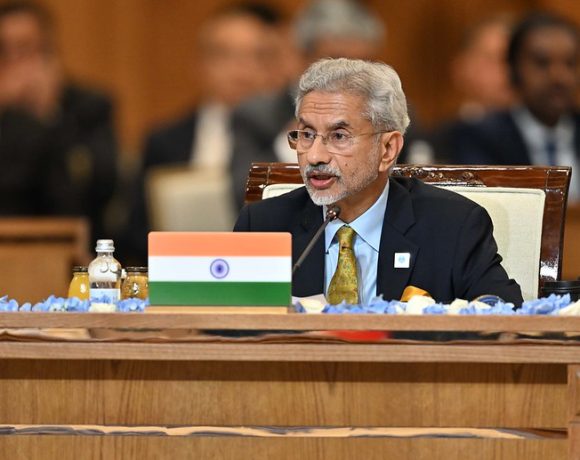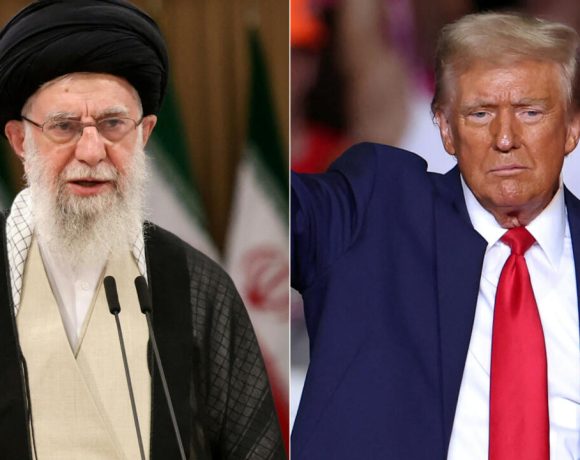
India Balances Turkey Trade Ties Despite Boycott Calls
India is treading carefully on its trade policy with Turkey, maintaining a strong export surplus even as domestic pressure builds to impose curbs. In the current financial year, India has registered a $2.73 billion trade surplus with Turkey, with exports reaching $5.72 billion and imports limited to $2.99 billion. Major Indian exports include engineering goods, electronics, and chemicals, while Turkish imports largely consist of fruits, nuts, marble, and limited volumes of gold.
The Ministry of Commerce has cited these figures to explain its reluctance to pursue any broad-based trade restrictions, highlighting that Indian exporters, particularly MSMEs, stand to lose critical market share if ties are disrupted.
Farmers and Traders Demand Action
Despite the government’s position, various domestic groups have raised objections. Apple growers in Himachal Pradesh have protested the influx of Turkish apples, arguing that the subsidised imports are damaging local produce prices and undercutting Indian farmers. Similarly, marble processors from Rajasthan have appealed to top government officials, expressing concern over Turkish stone imports and citing Ankara’s diplomatic alignment with Islamabad as further grounds for a trade rethink.
These groups have called for restrictions, ranging from higher import duties to complete bans, particularly in sectors vulnerable to foreign price undercutting.
Local Boycotts Gain Momentum Nationwide
Several trader associations across Indian cities including Noida, Prayagraj, Ghaziabad, and Guwahati have independently launched boycotts against Turkish products. These voluntary actions include bans on Turkish fruits, nuts, marble, gold, and even educational collaborations, with traders urging the central government to take a firmer diplomatic and economic stand.
While these actions remain localized, their coordinated nature signals a rising public sentiment that may pressure policymakers further.
Government Weighs Economic Risks Against Sentiment
Despite rising domestic and political calls to curtail trade with Turkey, the Indian government remains focused on economic pragmatism. Officials have clarified that India’s export advantage—particularly in engineering goods, where MSMEs play a critical role—could be undermined if retaliatory trade barriers are triggered.
Selective national security restrictions are being considered in infrastructure and sensitive sectors, but sweeping import bans are currently off the table. The emphasis remains on safeguarding export channels while managing geopolitical tensions through targeted and calibrated responses.
As public anger grows, the government is walking a tightrope—juggling strategic interests, domestic demands, and global trade priorities without endangering India’s hard-won export momentum.


















